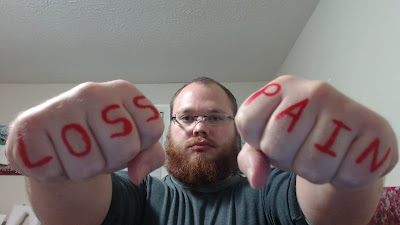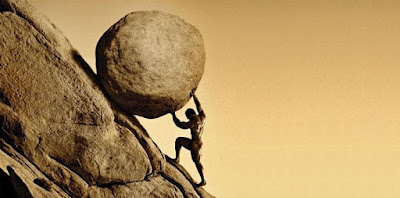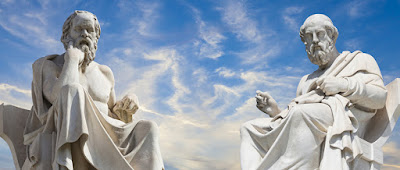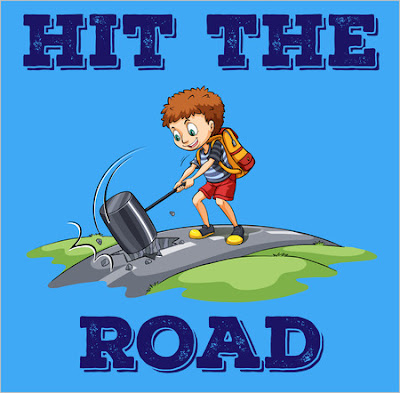The Most Important Question in Philosophy - Part 3 of ?

Pain and loss are both unavoidable. They are inevitable. I have experience with pain and loss, you have experience with pain and loss, and we will both have more experience with pain and loss. We can't create a situation where we won't experience them, so we must adapt to them. Pain and loss are the two primary things that make life not worth living; therefore, they are two of the primary things that we must focus on when answering "What makes life worth living?" Let's start with Benjamin Franklin, possibly the most important person in the founding of the United States of America. Few people know that he wrote a small dissertation in 1725 that deals directly with our issue. Franklin had 100 copies printed and gave a few to friends, but it caused such a stir within the people that read it that Franklin burned the rest of the copies. Here are 6 of the 14 propositions: "1. A Creature when endu'd with Life or Consciousness, is made capable of Uneasin...










